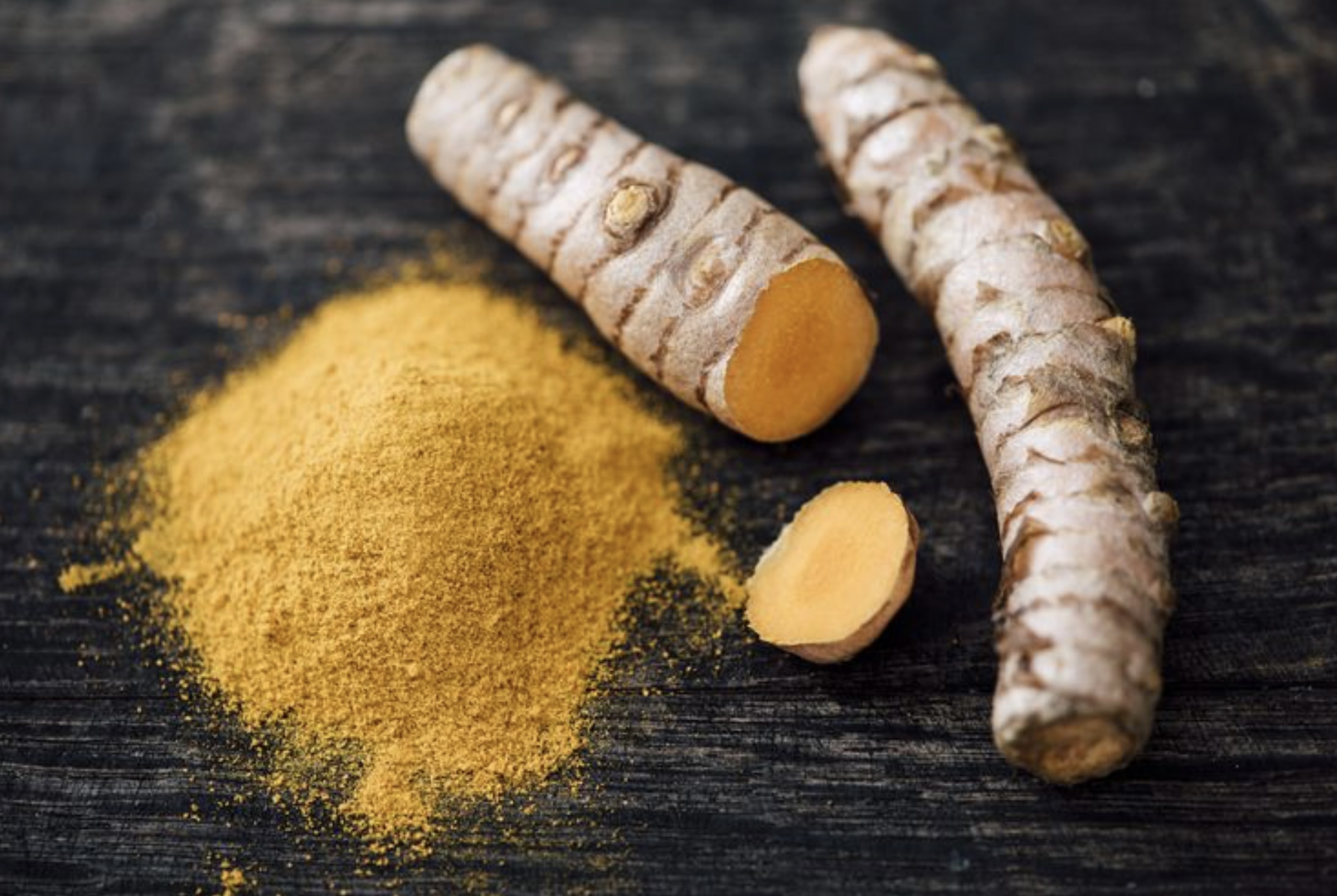Health Benefits of Turmeric
What are the health benefits of turmeric?
Turmeric is a spice that has been used for its medicinal properties for thousands of years. It contains a compound called curcumin, which is responsible for many of its health benefits. Here are some of the potential health benefits of turmeric:
- Anti-Inflammatory Properties: Curcumin has strong anti-inflammatory effects, which can help reduce inflammation in the body. Chronic inflammation is believed to contribute to many common Western diseases, so reducing inflammation can be beneficial for overall health.
- Antioxidant Properties: Curcumin is also a powerful antioxidant, which means it can help neutralize free radicals and prevent oxidative damage to cells. This can help protect against aging and various diseases.
- Improved Brain Function: Some studies suggest that curcumin may help improve memory and attention span, as well as reduce the risk of neurodegenerative diseases like Alzheimer’s disease and Parkinson’s disease.
- Heart Health: Curcumin may help improve heart health by improving the function of the endothelium, which is the lining of blood vessels. It may also help reduce the risk of heart disease by reducing inflammation and oxidative stress.
- Cancer Prevention: Some studies suggest that curcumin may help prevent cancer by reducing the growth of cancer cells and inhibiting the spread of tumors. However, more research is needed in this area.
- Joint Health: Curcumin’s anti-inflammatory properties may help reduce pain and stiffness in people with arthritis. Some studies suggest that it may be as effective as anti-inflammatory drugs for this purpose.
- Digestive Health: Curcumin may help improve digestion and reduce symptoms of digestive disorders like irritable bowel syndrome (IBS) and inflammatory bowel diseases (IBD) such as Crohn’s disease and ulcerative colitis.
- Skin Health: Some studies suggest that curcumin may help improve skin health by reducing inflammation and protecting against sun damage.
It’s important to note that many of the studies on the health benefits of turmeric have been done in animals or in test tubes, so more research is needed to fully understand its effects in humans. Additionally, turmeric is not well absorbed by the body on its own, so it is often recommended to consume it with black pepper, which can enhance its absorption.
What are the health risks of turmeric?
Turmeric is generally safe for most people when consumed in moderate amounts as a spice in food. However, there are some potential health risks associated with turmeric, particularly when consumed in large amounts or in concentrated forms like supplements:
- Gastrointestinal Issues: Some people may experience gastrointestinal issues such as stomach upset, nausea, or diarrhea when consuming large amounts of turmeric. This is more likely to occur with turmeric supplements rather than dietary turmeric.
- Kidney Stones: Turmeric contains oxalates, which are compounds that can contribute to the formation of kidney stones in susceptible individuals. People with a history of kidney stones may need to moderate their intake of high-oxalate foods like turmeric.
- Blood Thinning: Turmeric has blood-thinning properties, which can be beneficial for heart health but may increase the risk of bleeding in some individuals. People taking blood-thinning medications should use caution when consuming turmeric or turmeric supplements.
- Allergic Reactions: Some individuals may be allergic to turmeric, although this is relatively rare. Turmeric allergy can cause symptoms such as itching, hives, swelling, and in severe cases, anaphylaxis.
- Interaction with Medications: Turmeric may interact with certain medications, including blood thinners, diabetes medications, and drugs that reduce stomach acid. If you are taking any medications, it’s important to consult with a healthcare professional before using turmeric supplements.
- Pregnancy and Breastfeeding: While turmeric is considered safe in small amounts as a spice in food, pregnant and breastfeeding women should avoid turmeric supplements, as their safety has not been established.
- Iron Absorption: Turmeric contains compounds that may inhibit the absorption of iron from plant-based foods. Individuals at risk of iron deficiency should consume turmeric in moderation and consider pairing it with vitamin C-rich foods to enhance iron absorption.
Overall, turmeric is a safe and beneficial spice when consumed in moderation as part of a balanced diet. However, individuals with certain health conditions or those taking medications should exercise caution and consult with a healthcare professional before using turmeric supplements.




